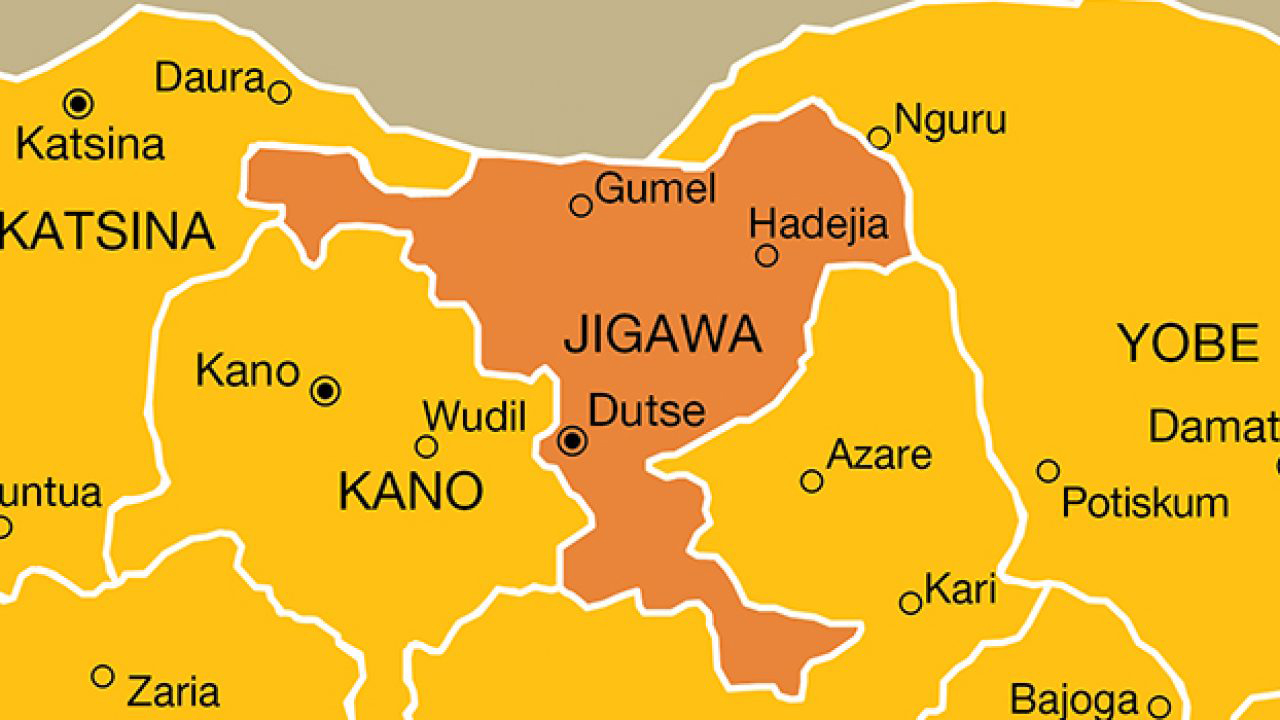A Nigerian mathematician, Umar Adam, has underscored the need to apply data-driven tools to combat the spread of epidemics such as COVID-19, Lassa fever, Monkeypox, and Onchocerciasis.
He said that through the use of advanced mathematical models, it would help guide public health interventions. Speaking to the newsmen, on his journal which incorporates epidemiological theory, computational modelling, and data analysis, he said it would help guide public health interventions.
“Using tools like singular value decomposition, fractional calculus, and Python simulations, the studies offer insights into how infectious diseases behave under different conditions and how best to manage them.
“I believe data is one of the most powerful tools we have in disease control. The ability to simulate an outbreak and predict the best intervention strategy, before the situation worsens, can save thousands of lives. That is the essence of mathematical epidemiology,” Adam said.
One of his recent publications models the co-infection dynamics of Lassa fever and Onchocerciasis and proposes an optimal control strategy for managing both. Another study examines COVID-19 trends using vaccination data to predict the point of transition between epidemic and endemic phases in affected countries.
“The gap between research and real-life decisions in healthcare is still too wide in many African countries. One of my long-term goals is to help close that gap by providing government agencies and health institutions with models that are practical, localised, and actionable,” he said.
Though his research spans international health data, Adam said his interest remains rooted in public health challenges facing Nigeria, especially in underserved areas.
He has worked on outreach projects, including health awareness campaigns and medical support for internally displaced persons in Borno State. His future plans include developing community-focused interventions targeting maternal health, infectious disease prevention, and mental health.
“When you work with health data from countries like Nigeria, you’re not just analysing numbers. You’re also addressing gaps in planning, access, and communication. Data must serve people. That is what drives my work,” he said.






